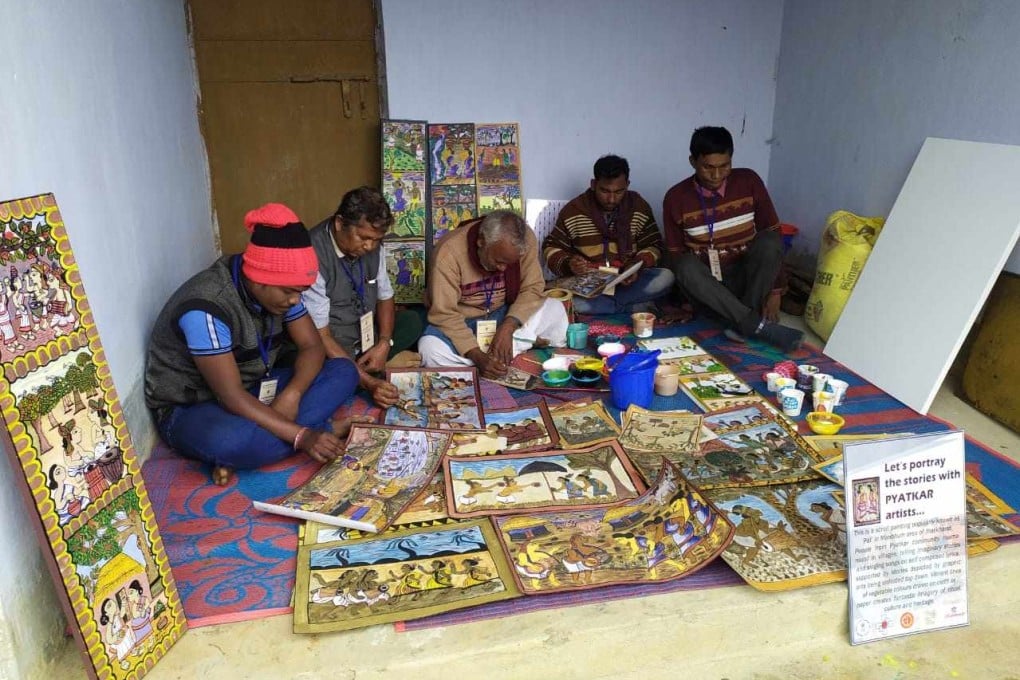‘Destructive’: tribes in India at risk as expanding tourism plans threaten cultural identity, ecosystem
- Local guides say a lack of respect for indigenous culture in India is a concern as tourist footfall increases amid plans to build facilities in tribal territory
- Eco-tourism in areas inhabited by vulnerable tribes is affecting their lifestyle and destroying ‘critical biodiversity and ecology’, tour guides add

Jitu Jakesika was barely nine when foreign tourists started coming in groups to Kurli village in the eastern Indian state of Odisha.
Jakesika, a member of the village’s indigenous Dongria Kondh tribe, remembers the visitors wore sophisticated clothes, tasted local food and watched tribal girls dance. Some even inspired him to learn English and become a tour guide.
But Jakesika, 35, is worried about the increasing footfall of tourists in tribal villages, as this has posed a threat to their indigenous culture and lifestyle.

“In some cases, tourists look at tribal people as commodities. Sometimes, they take photographs without permission or offer liquor or smoke cigarettes inside the village,” Jakesika told This Week In Asia. “Our people feel uncomfortable with such behaviour.”
India counts 8.6 per cent of its 1.4 billion population as a tribal demographic – with their own indigenous culture, food, clothing and lifestyle. The government and private agencies intend to ride on such uniqueness from this segment in the name of tribal or eco-tourism.
Although the national strategy of eco-tourism calls for involvement of local communities before any protected or pristine area is identified for the purpose, this rule is often not followed, critics say.
One such project is a grand US$9 billion scheme by the Indian government, under which New Delhi plans to create its own “Hong Kong” on land occupied by some 240 indigenous Shompen tribespeople in the Greater Nicobar Island of Andaman and Nicobar archipelago. There are plans to build a mega-port, city, international airport, power station, defence base and industrial estate in the area.
